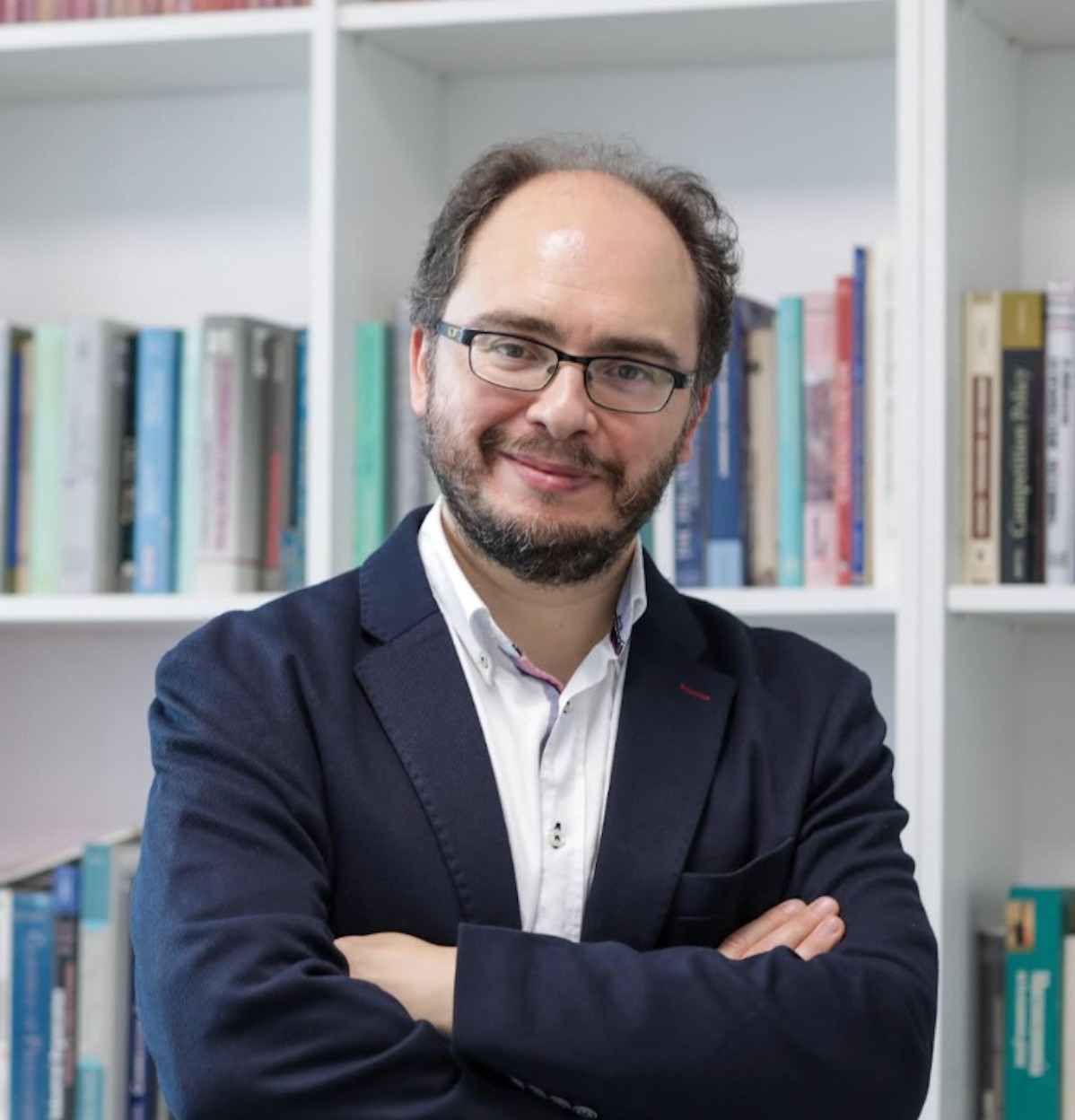This paper introduces a rational choice model for multiple kinds of participation to empirically investigate several theoretical determinants of social capital (SC) formation. The framework is rich enough to investigate the importance of individual variables, social/peer effects, endogenous trust, political-institutional, and inequality factors as sources of participation. We show that the aforementioned contextual factors explain SC formation for Chile, but their relative importance varies for each kind of participation. Our second application compares individual-level determinants of SC formation among the largest democracies in the Americas. Gender, age, education, and race show heterogeneous effects across countries. Overall, negative interpersonal trust shocks generate participation increments, and possibly motivate engagement in trustworthy networks. Idiosyncratic factors behind participation and trust are positively correlated, suggesting a common SC stem that manifests in multiple ways. Hence, our empirical approach to SC formation uncovers factors hidden by assumptions in some previous literature.
Publicación

